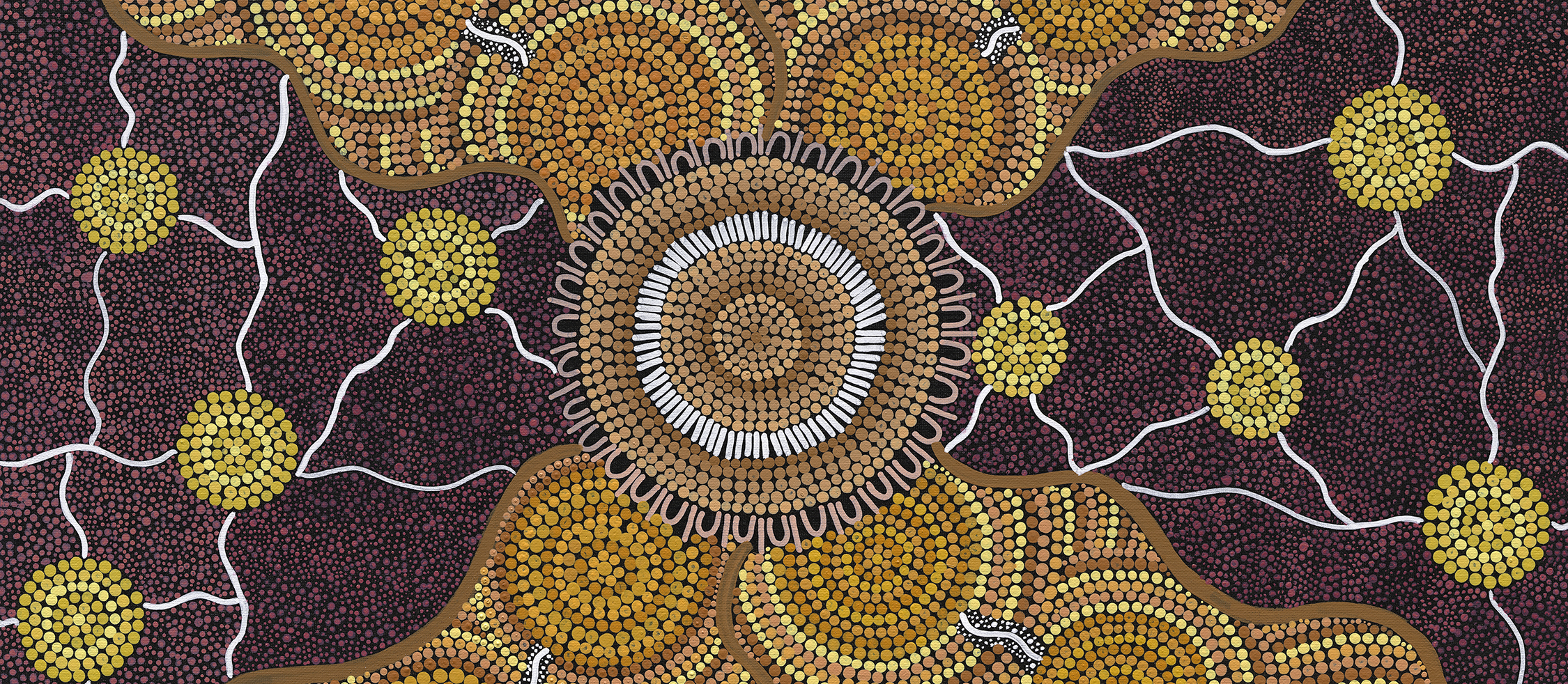It’s National Palliative Care Week – a great reminder that support is out there for anyone dealing with a serious illness, not just at the end of life. If you or someone you know could use a little extra support, now’s a good time to reach out and learn more.
What is palliative care?
Palliative care is holistic and specialised support for people living with life-limiting illnesses, such as dementia, cancer, heart failure, or chronic respiratory conditions.
The goal is to improve quality of life by relieving pain and other symptoms, while also supporting emotional, social, and spiritual wellbeing.
What’s the difference between palliative and end-of-life care?
Palliative care can begin at any stage of serious illness and end-of-life care is the final chapter of that journey.
End-of-life care is a specific stage within palliative care. It is provided when a person is nearing death – usually in the final weeks or months. At this stage, the focus is solely on comfort, dignity, and quality of life.
What do health professionals do in palliative care?
Symptom management
A multi-disciplinary team of health professionals are involved in palliative care. Doctors and nurses offer medical treatment to relieve symptoms and maintain comfort.
Monitoring
Carers, whether paid or unpaid are crucial partners in palliative care. They’re often the first to notice changes, like increased pain or drowsiness during everyday tasks such as showering or getting dressed. Their observations can be crucial for alerting other members of the care team and ensuring timely treatment.
Advocacy
They’re also strong advocates. Whether it’s helping someone express their care preferences or guiding difficult conversations around advance care planning and end-of-life decisions, the palliative care team ensures each person’s voice is heard and respected.
Support for Carers
Often, a friend or family member takes on the role of carer, helping with day-to-day tasks and emotional support. These unpaid carers are a vital part of the care team — and they need support, too.
National Palliative Care Week is the perfect time to raise awareness about these services and the vital role they play — not just at the end of life, but throughout the journey of serious and life-limiting illness.
If you or someone you know could benefit from palliative care, speak to your GP or healthcare provider.
Help is available — and it’s okay to ask for it.
Would you like more information about palliative care, advanced care planning or starting your journey in aged care?
End-of-life and palliative care explained
Advance care planning ensures your wishes are known, even if you can’t speak for yourself. By documenting your preferences in an Advance Care Directive and appointing a substitute decision-maker, you give yourself and your loved one’s peace of mind.
Your Juniper journey starts here, contact us today.

